Israeli Communications Minister: The future of Jerusalem’s gates, guiding our path, is to lead us to the gates of Damascus, Syria
Israeli Communications Minister: The Future of Jerusalem’s Gates, Guiding Our Path, Is to Lead Us to the Gates of Damascus, Syria
In a statement that has stirred both intrigue and controversy, Israeli Communications Minister Shlomo Karhi recently shared his vision for Jerusalem’s future, drawing an unexpected and provocative connection to the ancient gates of the city and the geopolitical dynamics of the region. Karhi boldly stated, “The future of Jerusalem’s gates, guiding our path, is to lead us to the gates of Damascus, Syria.” This comment, laden with historical and political significance, has sent ripples through the Middle Eastern political discourse, raising questions about Israel’s long-term strategy, its relationship with Syria, and its broader position in the region.
Jerusalem’s Symbolic Gates
Jerusalem, a city that holds sacred significance for Jews, Christians, and Muslims alike, has always been a place where history and politics converge. The city’s gates, both literal and metaphorical, have long been symbols of entry, power, and transformation. Historically, the gates of Jerusalem have witnessed some of the most defining moments in world history—whether it was the triumphal entries of conquerors or the solemn prayers of the faithful. For many, the gates of Jerusalem symbolize both the enduring spirit of the city and the complex political realities that have defined its past and continue to shape its future.
The gates themselves, such as the iconic Damascus Gate, represent more than just physical entry points to the city. They stand as enduring symbols of the city’s complex religious, cultural, and political landscape. The Damascus Gate, specifically, is a key entry point to Jerusalem’s Old City, an area at the heart of the Israeli-Palestinian conflict, and a place that has seen centuries of shifting borders and allegiances.
The Path to Damascus: A New Vision?
Karhi’s statement has prompted a wave of interpretations, particularly with his mention of Damascus, the capital of Syria. By suggesting that Jerusalem’s gates are leading toward the gates of Damascus, Karhi could be hinting at a future where Jerusalem’s influence extends into the heart of Syria, a country that has remained technically at war with Israel since 1948. The statement can be seen as a political and strategic reference to Israel’s aspirations in the broader Middle East, where Syria, Iran, and other actors have historically played opposing roles in the ongoing Israeli-Palestinian conflict and the wider regional dynamics.
For many, this statement is not just a reflection on Jerusalem’s future; it is a pointed commentary on the broader geopolitical shifts happening in the region. As Syria grapples with the aftermath of its civil war, its relationship with Israel has remained largely hostile, even though certain interactions, particularly regarding security concerns in the Golan Heights, have been pragmatic. Karhi’s words, however, suggest that Israel may be looking beyond its immediate borders, considering a future where its influence extends further northward into Syria.
The Significance of Syria and Damascus in Israeli Politics
Syria has long been one of Israel’s most formidable foes in the region. The two countries fought wars in 1948, 1956, 1967, and 1973, with the issue of the Golan Heights being a focal point of contention. The Golan Heights, a strategic plateau that Israel captured from Syria during the Six-Day War of 1967, remains a deeply contested area, with Syria seeking its return. While Israel and Syria have never signed a peace treaty, there have been moments of negotiation, particularly in the 1990s, when peace talks seemed to be on the horizon.
However, Karhi’s statement goes beyond the conventional territorial dispute. It suggests a deeper, more aspirational vision for Israel’s future role in the region, one where Israel seeks to expand its influence not just militarily or diplomatically, but as a regional leader. By invoking the gates of Damascus, Karhi may be hinting at a future where Israel’s presence in the Middle East could reshape not just the map, but the political and ideological landscape of the region as a whole.
Reactions to the Statement
The political community has reacted strongly to Karhi’s remarks, with some viewing it as an inflammatory and divisive statement that risks exacerbating tensions in an already volatile region. For critics, the reference to Damascus could be seen as an attempt to provoke Syria and undermine efforts to stabilize the Middle East. At a time when many countries in the region, including Saudi Arabia and Iran, are recalibrating their foreign policies, such bold statements could complicate diplomatic efforts for peace.
On the other hand, some of Karhi’s supporters may interpret his words as a bold declaration of Israel’s aspirations to secure a more dominant position in the region. Israel has long been a powerful military and economic force, but in recent years, it has also been focusing on building diplomatic relations with Arab states through initiatives like the Abraham Accords. For these supporters, Karhi’s statement might signal an ambition to extend Israel’s reach even further, positioning it as a key player in the shifting regional order.
Jerusalem and the Changing Middle East
The Middle East is undergoing rapid change, with new alliances forming and old tensions rising to the surface. Over the past few years, Israel has strengthened ties with several Arab nations, particularly through the Abraham Accords, which normalized relations with the United Arab Emirates, Bahrain, Sudan, and Morocco. These agreements represent a significant shift in the region’s geopolitics, as many Arab nations are increasingly willing to set aside their historical opposition to Israel in favor of shared economic and security interests.
At the same time, however, Israel’s relations with countries like Syria, Lebanon, and Iran remain contentious, with unresolved issues over borders, military presence, and ideological differences. Karhi’s statement could be seen as a reflection of Israel’s ongoing struggle to balance its regional ambitions with the realities of a Middle East that remains deeply fragmented and volatile.
Conclusion: A Vision or a Provocation?
Shlomo Karhi’s statement about the gates of Jerusalem leading to Damascus raises important questions about Israel’s future in the Middle East. Is this a visionary statement about Israel’s regional ambitions, or is it an inflammatory remark that risks stirring up further conflict in an already tense region? Only time will tell how his words will resonate in the broader political and diplomatic circles of the Middle East.
As the region continues to evolve, Jerusalem and its gates will remain at the center of many of the most pressing geopolitical issues. Karhi’s statement invites both reflection and debate, reminding us that the future of Jerusalem and the Middle East is anything but certain.
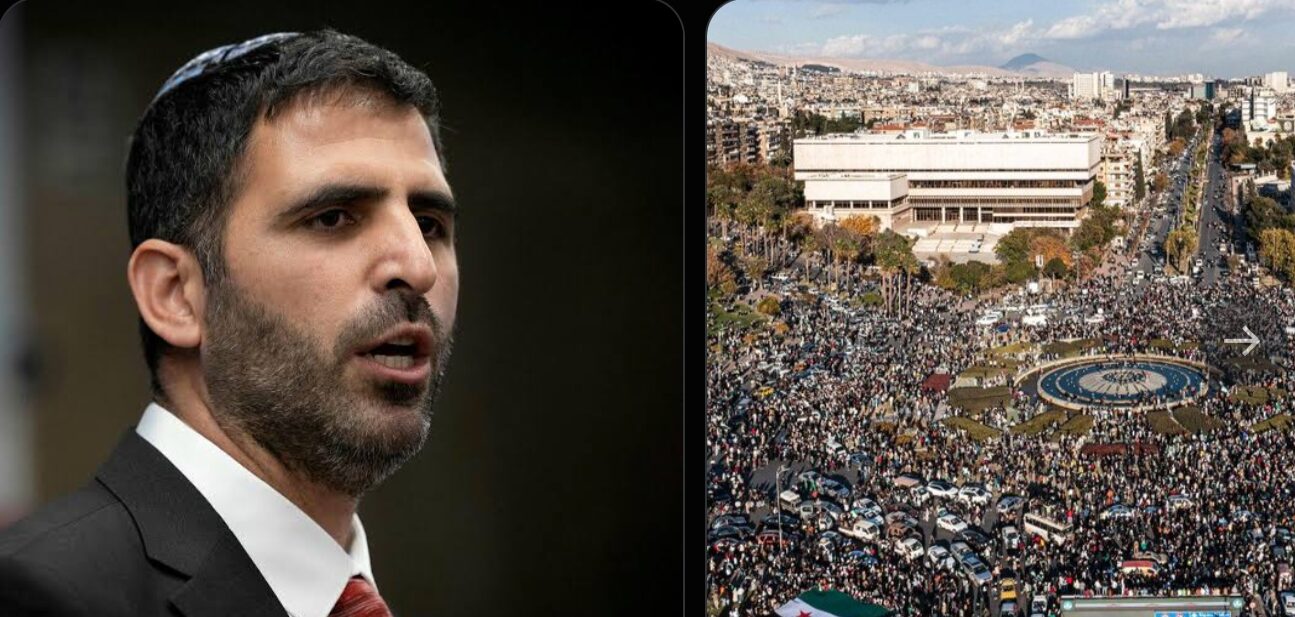

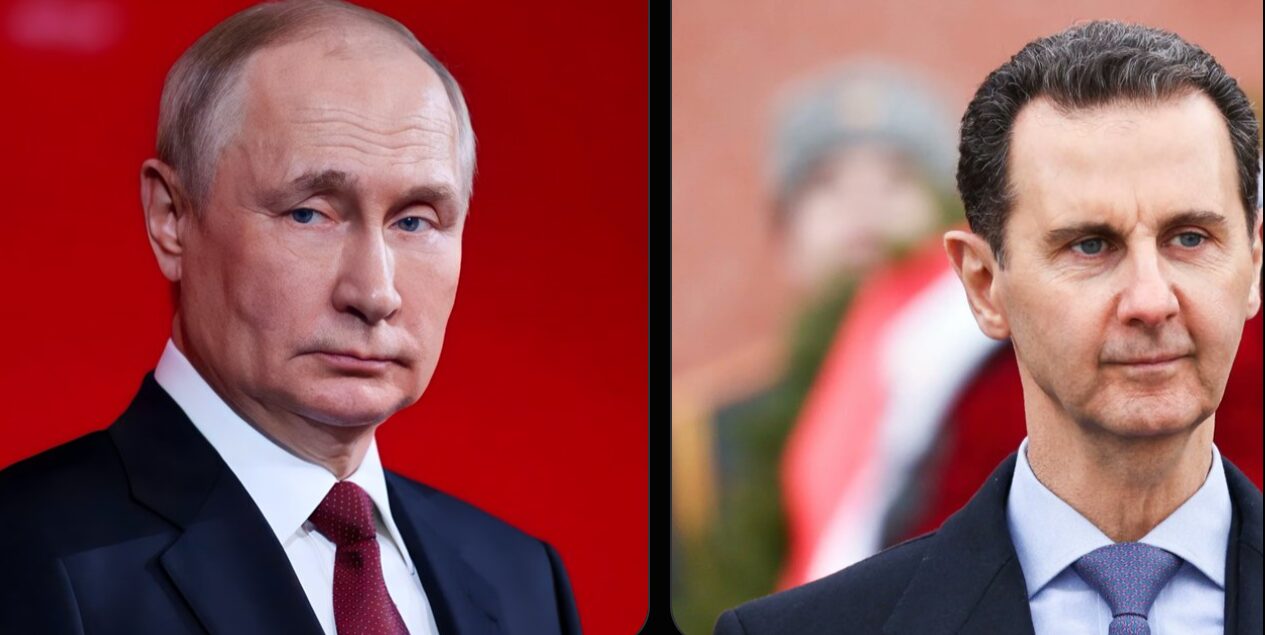


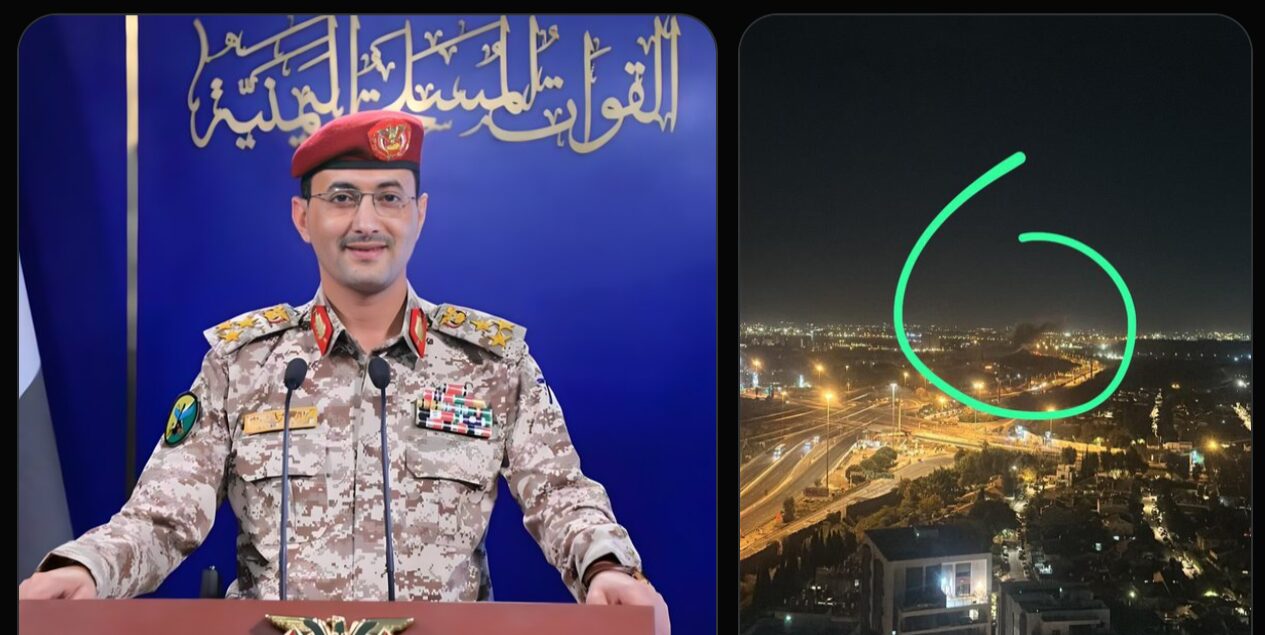
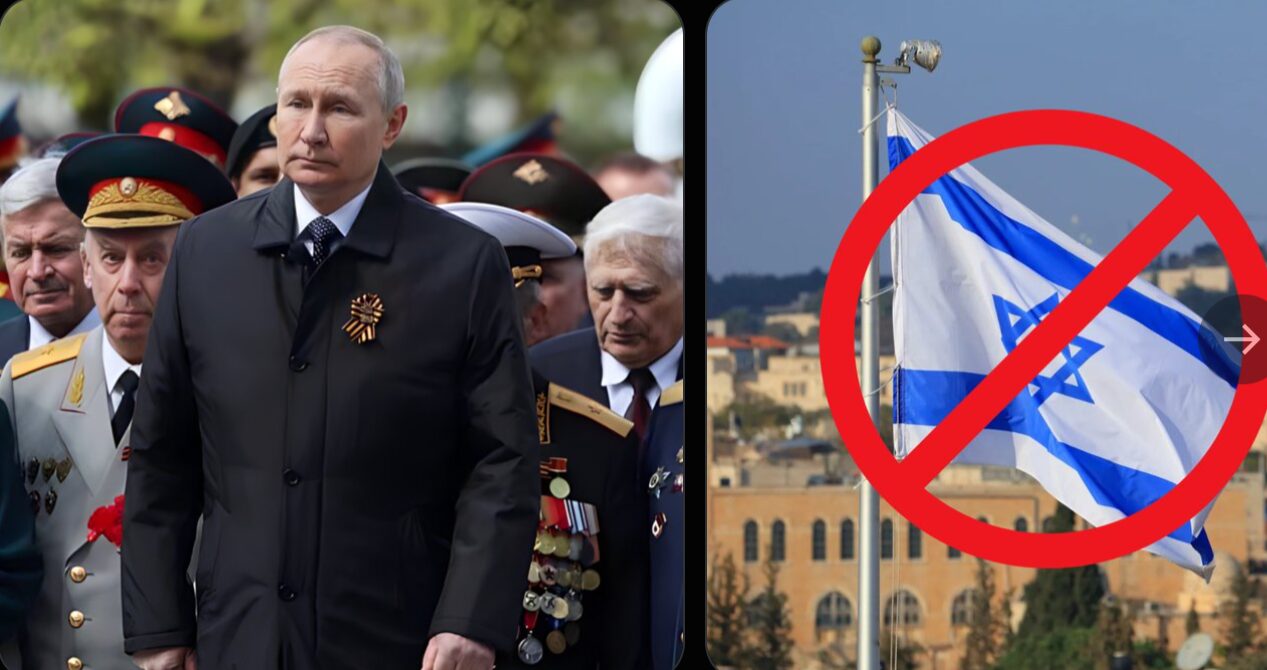

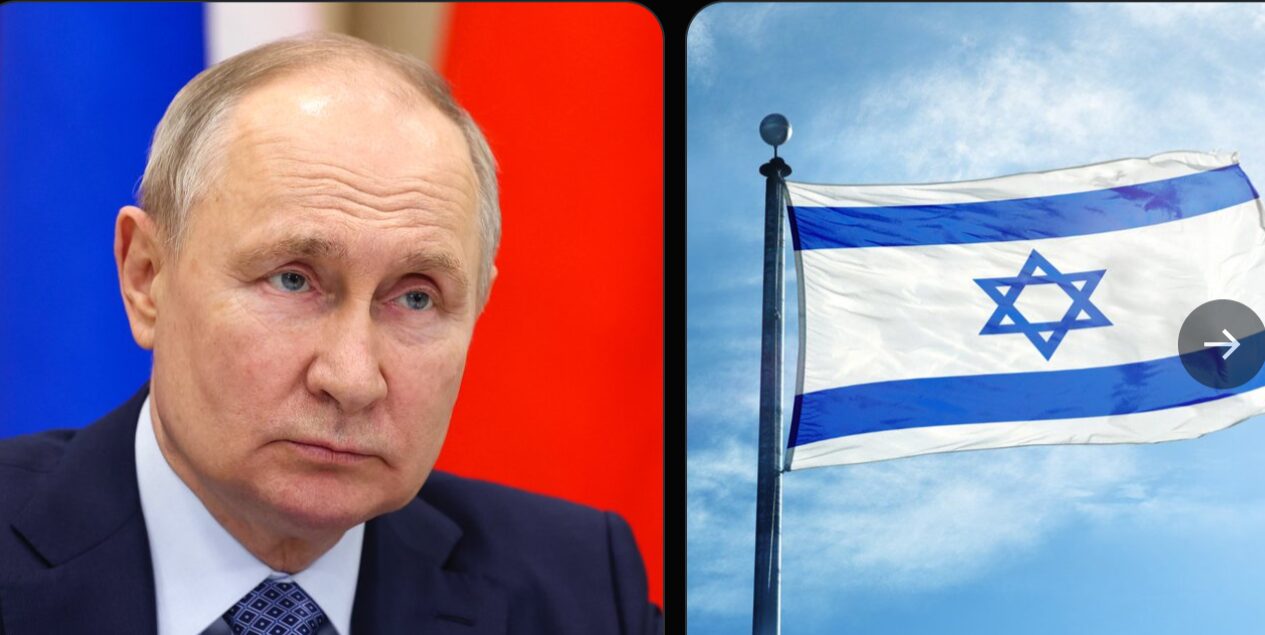








Post Comment